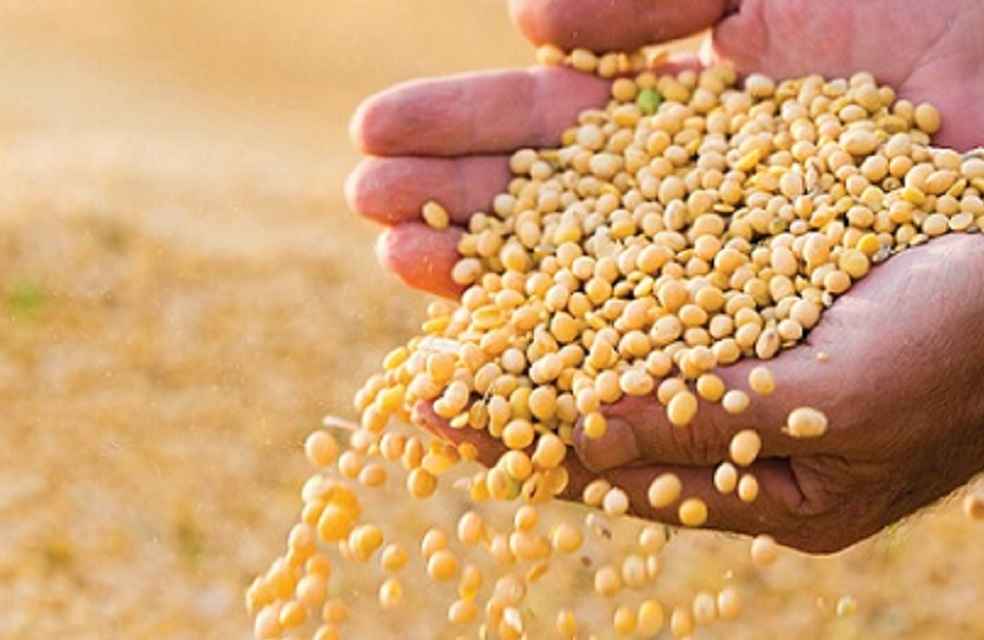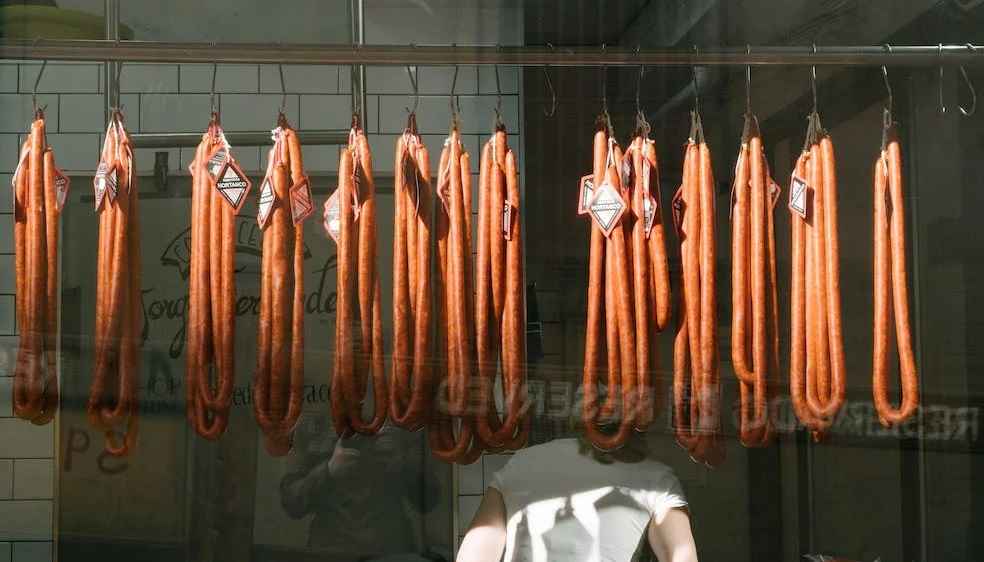U.S. farmers are venturing into Panama, Egypt, Colombia, and South Korea, exploring export opportunities for grain and livestock. These visits, organized with national bodies and state commodity groups, serve the dual purpose of promoting U.S. commodities and seeking diverse markets.
Central Illinois farmer Mark Read, representing the U.S. Soybean Export Council and the Illinois Soybean Association, emphasizes the necessity of markets beyond China, given that 60% of Illinois soybeans are exported. His recent trip to Egypt coincided with the Soy Excellence Center’s celebration of its 100th workforce training session, highlighting the tangible benefits of these missions.

The impact of these initiatives is far-reaching. In Egypt, training helped reduce tilapia feeding costs by 25%. Moreover, Egyptian students at the University of Cairo received SEC certificates in poultry production, an event marked by jubilation and hope.
These endeavors also address critical humanitarian needs. In Nigeria, the focus is on combating protein deficiencies that affect child survival rates, with potential applications for soybean meal in poultry production.
Soybean market development isn’t confined to one region. U.S. soybean organizations are actively fostering markets in Colombia and Honduras, where a significant portion of the Midwest’s tilapia supply originates.

For farmers like Todd Main, ISA’s director of market development, and Lou Lamoreux, a beef and crop farmer, these missions offer a unique perspective on the global application of their produce. Lamoreux, who has traveled with organizations like Illinois Corn and the U.S. Meat Export Federation, underscores the value of presenting real farmers over mere vendors on these trips.
These missions are not without challenges, as Lamoreux reveals instances of corruption and misdirected shipments. He recounts discovering U.S. steaks in China, where such imports are officially prohibited, hinting at indirect trade routes through Hong Kong.

Jason Propst, a pig farmer and member of the USMEF (U.S. Meat Export Federation) international marketing task force, sees these missions as crucial for building trust. With significant portions of U.S. pork production reliant on exports, these missions are vital for sustaining and expanding market presence.
These global trade missions represent more than mere business trips; they are vital conduits for U.S. agriculture, fostering enduring relationships and carving out new opportunities in the international marketplace.
IMEX SECTOR | Egypt Hits Record Garlic Exports to EU, Braces for Market Growth Hurdles



